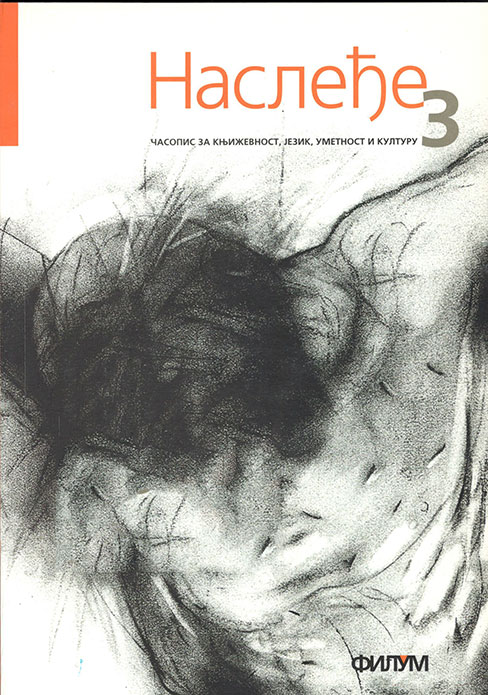УТИЦАЈ НУМЕРИЧКОГ ОЦЕЊИВАЊА НА РАЗВОЈ УЧЕНИКА У НАСТАВНОМ ПРОЦЕСУ
Keywords:
grading, schoolAbstract
This paper deals with the shortcomings of the numerical grading systems (especially inappropriate as methods for guiding the progress of children studying music). As A. S. Neill, Ivan Illich, Neil Postman and Dušan Trbojević have observed, repression and control continue to exist in what appear to be democratic societies because the compulsory education for all has also meant compulsion to conform and give up ones individuality. The paper insists that the paradox of democratic, humanist ends and contrary pedagogical means must be acknowledged. Instead of the inadequate and harmful numerical testing and ranking used in schools now, efforts should be made to develop pedagogies that cherish each individual and cater to the specific developmental needs of every human being.
References
2. Illich Ivan, Descooling Society, P elican Books, London, 1971.
3. Кenneth Dyson & Wаltеr Homolka, Culture First! - Promoting standarts in the new media age, Neil Postman, „Defending ourselves against the feductions of eloquence”, Cassell, London&New York, 1996.
4. Нил С. Александар, Слободна деца Самерхила, БИГЗ, Београд, 1993.
5. Oxford Cambridge and RSA Examinations, september 2001, електронска форма.
6. Педагошки речник, Завод за издавање уџбеника Социјалистичке републике Србије, Београд, 1967.
7. Пројекат развоја школства у Републици Србији, Стандарди и оцењивање, веб сајт Владе Републике Србије, 2003.
8. Трбојевић Душан, Размишљања о музици, Савез друштава музичких и балетских педагога Србије, Београд, 1992.






